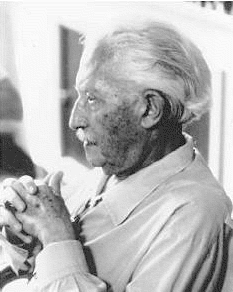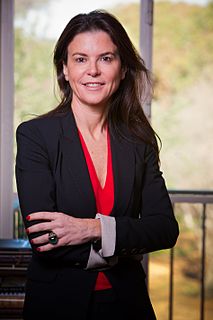A Quote by Zick Rubin
Belonging to a group can provide the child with a variety of resources that an individual friendship often cannot--a sense of collective participation, experience with organizational roles, and group support in the enterprise of growing up. Groups also pose for the child some of the most acute problems of social life--of inclusion and exclusion, conformity and independence.
Quote Topics
Acute
Also
Belonging
Belonging To A Group
Cannot
Child
Collective
Conformity
Enterprise
Exclusion
Experience
Friendship
Group
Groups
Growing
Growing Up
Inclusion
Independence
Individual
Life
Most
Often
Often Can
Organizational
Participation
Pose
Problems
Provide
Resources
Roles
Sense
Social
Social Life
Some
Support
Up
Variety
Related Quotes
Every one of the constituent elements of a social group, in a modern city as in a savage tribe, is born immature, helpless, without language, beliefs, ideas, or social standards. Each individual, each unit who is the carrier of the life-experience of his group, in time passes away. Yet the life of the group goes on.
A new world of complex relationships and feelings opens up when the peer group takes its place alongside the family as the emotional focus of the child's life. Early peer relationships contribute significantly to the child's ability to participate in a group (and in that sense, society), deal with competition and disappointment, enjoy the intimacy of friendships, and intuitively understand social relationships as they play out at school, in the neighborhood, and later in the workplace and adult family.
If the Russians have gone too far in subjecting the child and his peer group to conformity to a single set of values imposed by the adult society, perhaps we have reached the point of diminishing returns in allowing excessive autonomy and in failing to utilize the constructive potential of the peer group in developing social responsibility and consideration for others.
Every problem that the country faces is being solved in some community by some group or some individual. The question is how to get connected so that the whole nation can solve problems. A volunteer is a person who can see what others cannot see; who can feel what most do not feel. Often, such gifted persons do not think of themselves as volunteers, but as citizens - citizens in the fullest sense; partners in civilization.
Diversity and independence are important because the best collective decisions are the product of disagreement and contest, not consensus or compromising. An intelligent group, especially when confronted with cognition problems, does not ask its members to modify their positions in order to let the group reach a decision everyone can be happy with. Instead…the best way for a group to be smart is for each person in it to think and act as independently as possible.
Any group or "collective," large or small, is only a number of individuals. A group can have no rights other than the rights of its individual members. In a free society, the "rights" of any group are derived from the rights of its members through their voluntary individual choice and contractual agreement, and are merely the application of these individual rights to a specific undertaking... A group, as such, has no rights.
I am certain that Gadi Lesin's abilities and the experience he accumulated during his sixteen years in a variety of general management roles in Strauss Group in and outside of Israel will enable him, together with group management and all managers and employees of Strauss, to continue to take the group forward to further success.
The Earth faces environmental problems right now that threaten the imminent destruction of civilization and the end of the planet as a livable world. Humanity cannot afford to waste its financial and emotional resources on endless, meaningless quarrels between each group and all others. there must be a sense of globalism in which the world unites to solve the real problems that face all groups alike.
Groups do not have experiences except insofar as all their members do. And there are no experiences... that all the members of a scientific community must share in the course of a [scientific] revolution. Revolutions should be described not in terms of group experience but in terms of the varied experiences of individual group members. Indeed, that variety itself turns out to play an essential role in the evolution of scientific knowledge.
All rights are individual. We do not get our rights because we belong to a group. Whether it's homosexuals, women, minorities, it leads us astray. You don't get your rights belonging to your group. A group can't force themselves on anybody else. So there should be no affirmative action for any group.
THE POWER OF THE GROUP We all want to feel a sense of belonging. This isn’t a character flaw. It’s fundamental to the human experience. Our finest achievements are possible when people come together to work for a common cause. School spirit, the rightful pride we feel in our community, our heritage, our religion, and our families, all come from the value we place on belonging to a group.
To the best of my knowledge, every acute inpatient ward offers some inpatient group therapy experience. Indeed, the evidence supporting the efficacy of group therapy, and the prevailing sentiment of the mental health profession, are sufficiently strong that it would be difficult to defend the adequacy of the inpatient unit that attempted to operate without a small group program.
Truth is found neither in Marxism nor in traditional capitalism. Each represents a partial truth. Historically capitalism failed to see the truth in collective enterprise, and Marxism failed to see the truth in individual enterprise. Nineteenth century capitalism failed to see that life is social and Marxism failed and still fails to see that life is individual and personal. The Kingdom of God is neither the thesis of individual enterprise nor the antithesis of collective enterprise, but a synthesis which reconciles the truths of both.



































